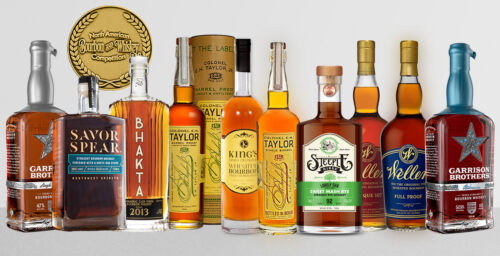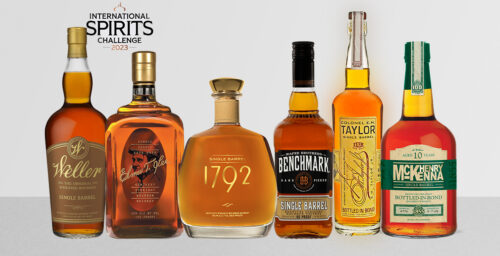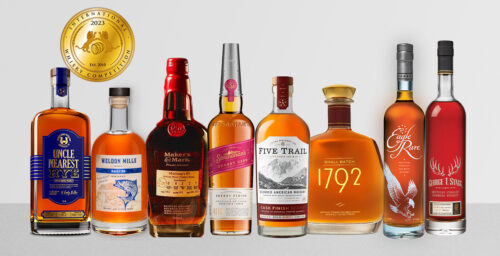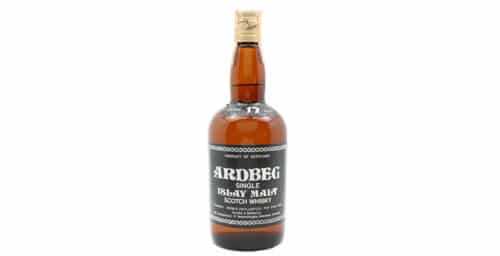The whisky makers at Diageo and scientists from Heriot-Watt University are looking into how whisky gets its flavor from the cask during maturation.
Calling it the Knowledge Transfer Partnership, the three-year program aims to investigate various new analytical methods to find out what goes on in a whisky barrel.
A joint statement from the spirits company and the university explained that scientific methods will be used to identify the natural compounds and understand the chemistry of the process that imparts distinctive and complex flavors to the maturing spirit.
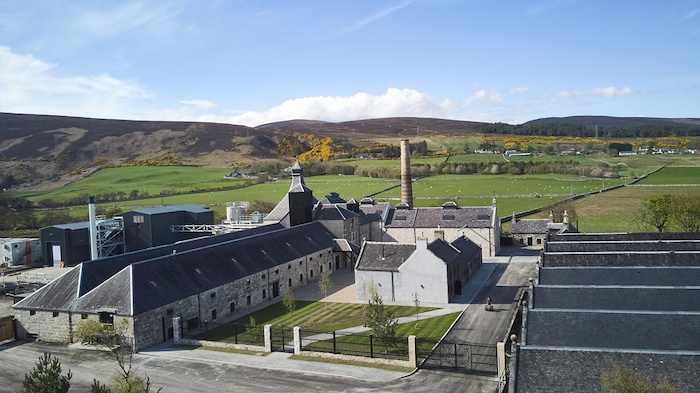
This information, coupled with visual inspections of newly-manufactured barrels and the evolving flavor and nose of the whisky, will be used to develop a data science platform that will demystify the process of maturation.
Matthew Crow, research partnerships manager with Diageo’s Global Technical team, said that Scotch is matured for at least three years and often much longer, a process that enriches and refines its flavor.
“However, a barrel’s potential for imparting flavor, and how the whisky will mature in that barrel involves many complex factors,” he said. “The industry and Diageo in particular have a long history of research across whisky production, and Heriot-Watt’s scientists will help us to take our understanding of the maturation process to a new scientific level.”
He explained that this project will develop a new machine learning tool, backed by data, that will make sure the right barrels are used for the right amount of time to produce the right flavor characteristics in a given whisky.
The team of experts for this project includes researchers from the International Centre for Brewing and Distilling at Heriot-Watt, as well as other scientists who specialize in chemistry, physics, machine learning and data science.
Heriot-Watt’s Professor Martin McCoustra noted that scientists from across the umiversity will work on this project to help answer some of the key remaining questions about how a barrel lends flavor and aroma to whisky.
“We’ll start with simple optical and ultraviolet imaging of freshly-prepared barrels and then use infrared and optical spectroscopies to give us their chemical fingerprints,” he said. “We’ll also use nuclear magnetic resonance, which is the laboratory equivalent of the MRI scan you would get in hospital, and mass spectrometry to trace how the chemical fingerprint of the spirit changes. These chemical fingerprints will include information on the various natural compounds that contribute to the flavor of the maturing spirit.”
Professor Annie Hill echoed his sentiments, saying there’s an art to producing a quality Scotch whisky.
“The new (partnership) with Diageo is particularly exciting because it combines traditional and novel methods to generate ‘big data’ that may be used to further understand whisky maturation,” she said. “The ability to more accurately predict the outcome of maturation based on the characteristics of the cask and new make spirit will enable significant improvements in inventory management and reduction of losses, leading to overall efficiencies in Scotch whisky production.”
The project is funded by Diageo and InnovateUK.

